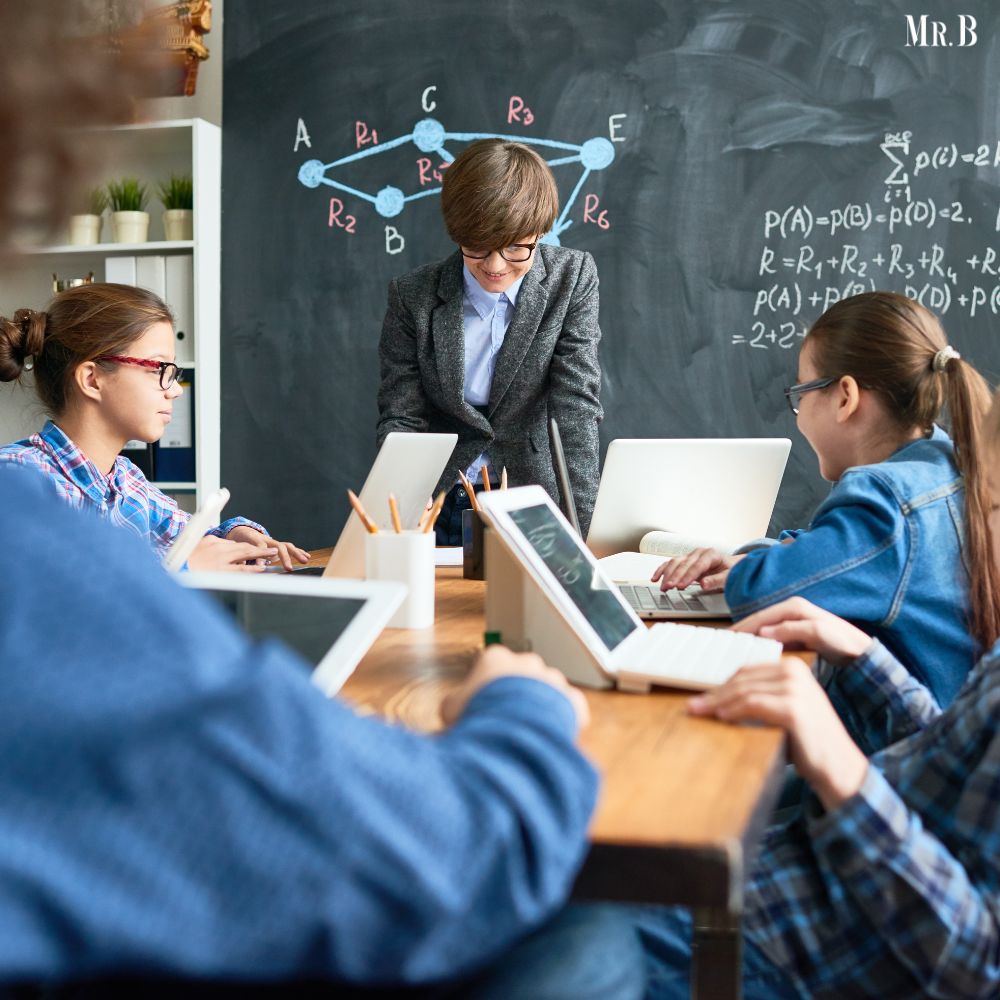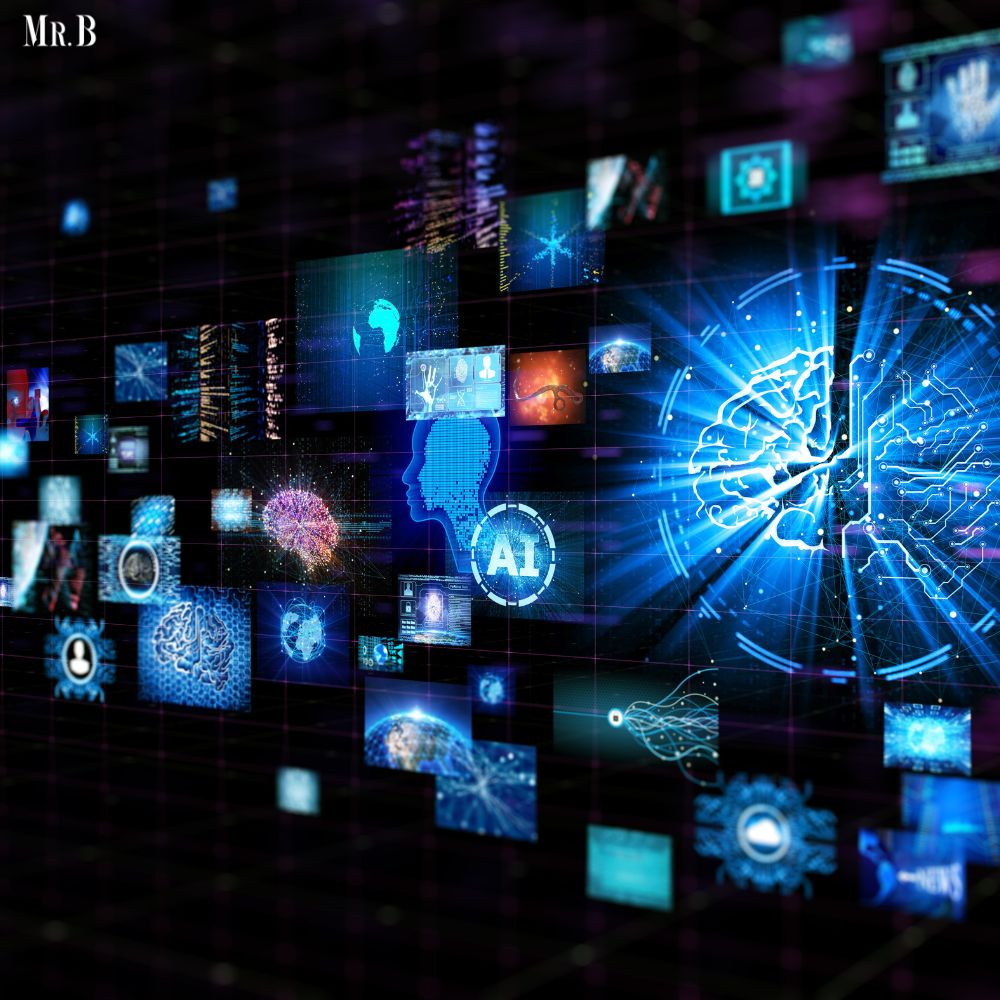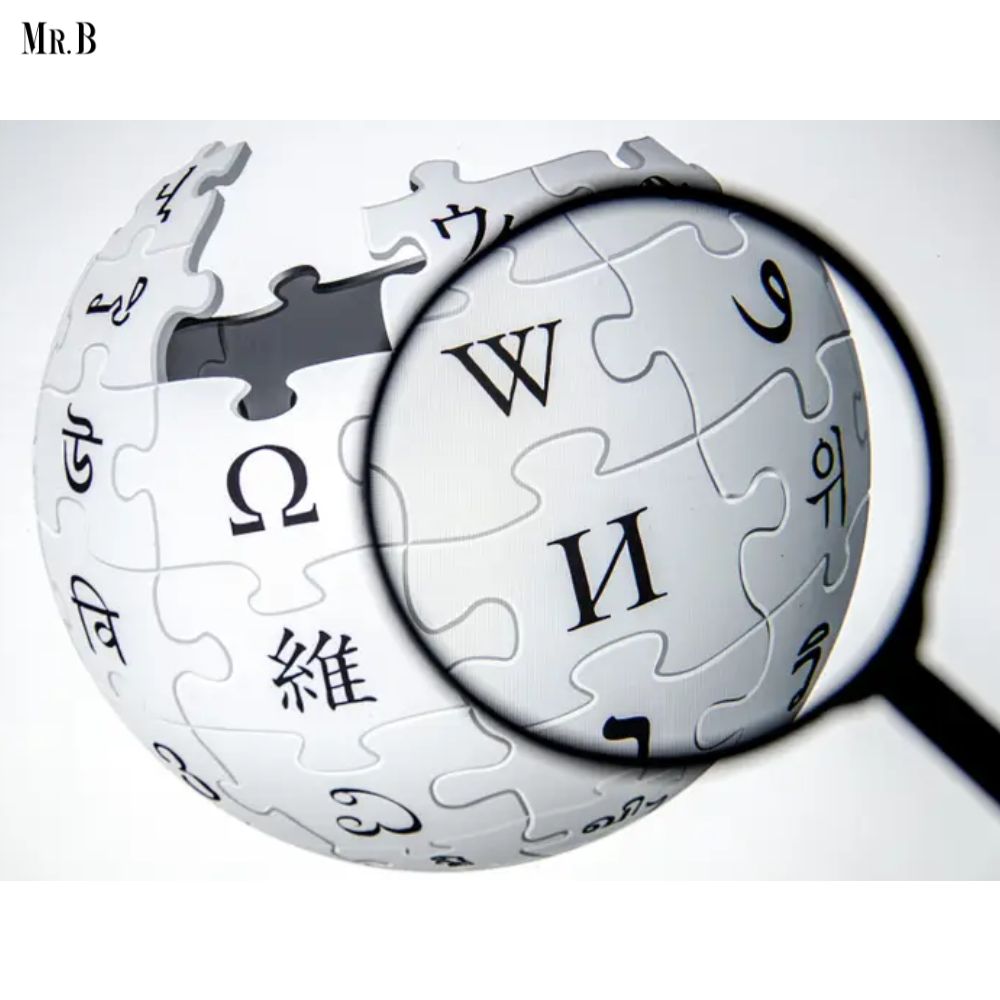(Source – Businessinsider)
In the digital age, information is more accessible than ever before, thanks in large part to platforms. This online encyclopedia has become synonymous with knowledge sharing, offering a wealth of information on a vast array of topics. From students researching for assignments to professionals seeking quick facts, it has established itself as a go-to resource. This article delves into the reasons behind its fame and why it remains a cornerstone of online education.
Introduction
Wikipedia is a collaborative online encyclopedia that allows users worldwide to contribute and edit articles on virtually any topic imaginable. Launched in 2001 by Jimmy Wales and Larry Sanger, it has grown exponentially to become one of the largest and most comprehensive sources of information on the internet. What sets it apart is its open-editing model, which enables a collective effort to ensure accuracy and breadth of coverage.
Accessibility and Global Reach
One of the primary reasons for Wikipedia’s fame is its accessibility. Unlike traditional printed encyclopedias, which require physical copies or subscriptions, Wikipedia can be accessed freely by anyone with an internet connection. This accessibility has democratized knowledge, making information available to people in remote areas and developing countries where educational resources may be scarce.
Comprehensive Coverage Across Topics
It boasts a staggering breadth of coverage across diverse subjects, ranging from history and science to pop culture and technology. Whether you’re looking for information on ancient civilizations, scientific discoveries, or the latest trends in fashion, Wikipedia likely has an article that covers it in detail. This comprehensive coverage caters to a wide audience, including students, academics, journalists, and curious individuals seeking reliable information.
Community-Driven Content Creation
Central to Wikipedia’s success is its community-driven approach to content creation. Unlike traditional encyclopedias authored by experts and academics, it mainly relies on contributions from volunteers worldwide. This model allows for rapid updates and ensures that information reflects the latest developments in various fields. Contributors range from subject matter experts to enthusiasts passionate about sharing their knowledge and fostering a vibrant community spirit.

Reliability and Accuracy
Despite being open to editing by anyone, it maintains a robust system of checks and balances to uphold reliability and accuracy. Articles undergo scrutiny from editors who monitor changes, verify sources, and ensure adherence. While occasional vandalism or inaccuracies may occur, the community swiftly corrects errors, maintaining a high standard of credibility.
Educational Value and Learning Resources
For students and educators, it serves as a valuable learning resource. Its articles often provide concise summaries and detailed explanations of complex topics, making it easier for learners to grasp new concepts. Students frequently cite in research papers and assignments, leveraging its wealth of citations and external links to delve deeper into subjects of interest. The platform’s educational value lies not only in the information it provides but also in its role as a gateway to further exploration.
Multilingual Support and Cultural Diversity
Another hallmark of fame is its commitment to multilingualism and cultural diversity. The platform is available in numerous languages, with dedicated efforts to expand its reach into less-represented linguistic communities. This global approach ensures that knowledge is accessible to people worldwide in their native languages, fostering inclusivity and preserving diverse perspectives on history, culture, and scientific advancements.
Influence on Popular Culture and Media
It has permeated popular culture and media, becoming a household name synonymous with online research. It is frequently referenced in literature, films, and television shows as a symbol of accessible information. The ubiquity of daily life underscores its cultural significance and impact on how information is disseminated and consumed in the digital age.
Criticism and Controversies
Despite its acclaim, it has not been immune to criticism and controversies. Concerns have been raised about the reliability of user-generated content, leading to debates over editorial oversight and bias. Critics argue that the open-editing model can compromise accuracy, especially on contentious topics or those subject to ongoing debate. Additionally, the platform faces challenges related to vandalism and misinformation, requiring vigilant moderation to maintain integrity.
Evolution and Future Prospects
Looking ahead, Wikipedia continues to evolve in response to technological advancements and user feedback. Initiatives such as improved citation practices, enhanced visual content, and partnerships with educational institutions demonstrate Wikipedia’s commitment to innovation and quality. As it navigates the complexities of online information dissemination, Wikipedia remains dedicated to its mission of providing free, reliable knowledge to people worldwide.
Supplementing Traditional Education

In traditional classrooms, Wikipedia is often used to complement textbooks and lectures. Teachers and professors can leverage the platform to provide students with up-to-date information and a broader context for their studies. For instance, a history teacher might use Wikipedia to provide additional details on historical events or figures that are only briefly covered in textbooks. By doing so, educators can enrich the learning experience and encourage students to engage more deeply with the material.
Facilitating Research and Assignments
Wikipedia is an indispensable tool for students working on research papers and assignments. Its comprehensive articles often include extensive bibliographies and external links, guiding students to primary sources and further readings. This not only helps students gather information efficiently but also teaches them how to evaluate and cite credible sources. Additionally, the platform’s user-friendly interface makes it easy for students to navigate and find relevant information quickly.
Promoting Lifelong Learning
Beyond formal education, Wikipedia promotes lifelong learning by providing adults with the resources to continue their education independently. Whether someone is looking to pick up a new skill, explore a hobby, or stay informed about current events, Wikipedia offers a wealth of information that can be accessed at any time. This aspect of lifelong learning is particularly important in today’s fast-paced world, where continuous education is essential for personal and professional growth.

Encouraging Critical Thinking and Digital Literacy
One of the key benefits of using Wikipedia in education is its potential to foster critical thinking and digital literacy. As students use the platform, they learn to critically evaluate the information they encounter, discerning reliable sources from less credible ones. They also become familiar with the process of editing and contributing to articles, which enhances their understanding of how knowledge is constructed and shared online. These skills are invaluable in the digital age, where the ability to navigate and assess information is crucial.
Conclusion:
Its fame and success as an educational platform stems from its accessibility, comprehensive coverage, community-driven model, and commitment to accuracy and inclusivity. It has revolutionized the way we access and share information, making knowledge more democratic and widely available. Despite facing challenges, Wikipedia continues to adapt and evolve, reinforcing its position as a cornerstone of modern education and research.
As we look to the future, its enduring legacy will be its role in fostering a global community of learners and contributors dedicated to the free and open exchange of knowledge. Whether you are a student, educator, professional, or simply a curious individual, it remains an invaluable resource that empowers us all to learn, grow, and connect with the world around us.







